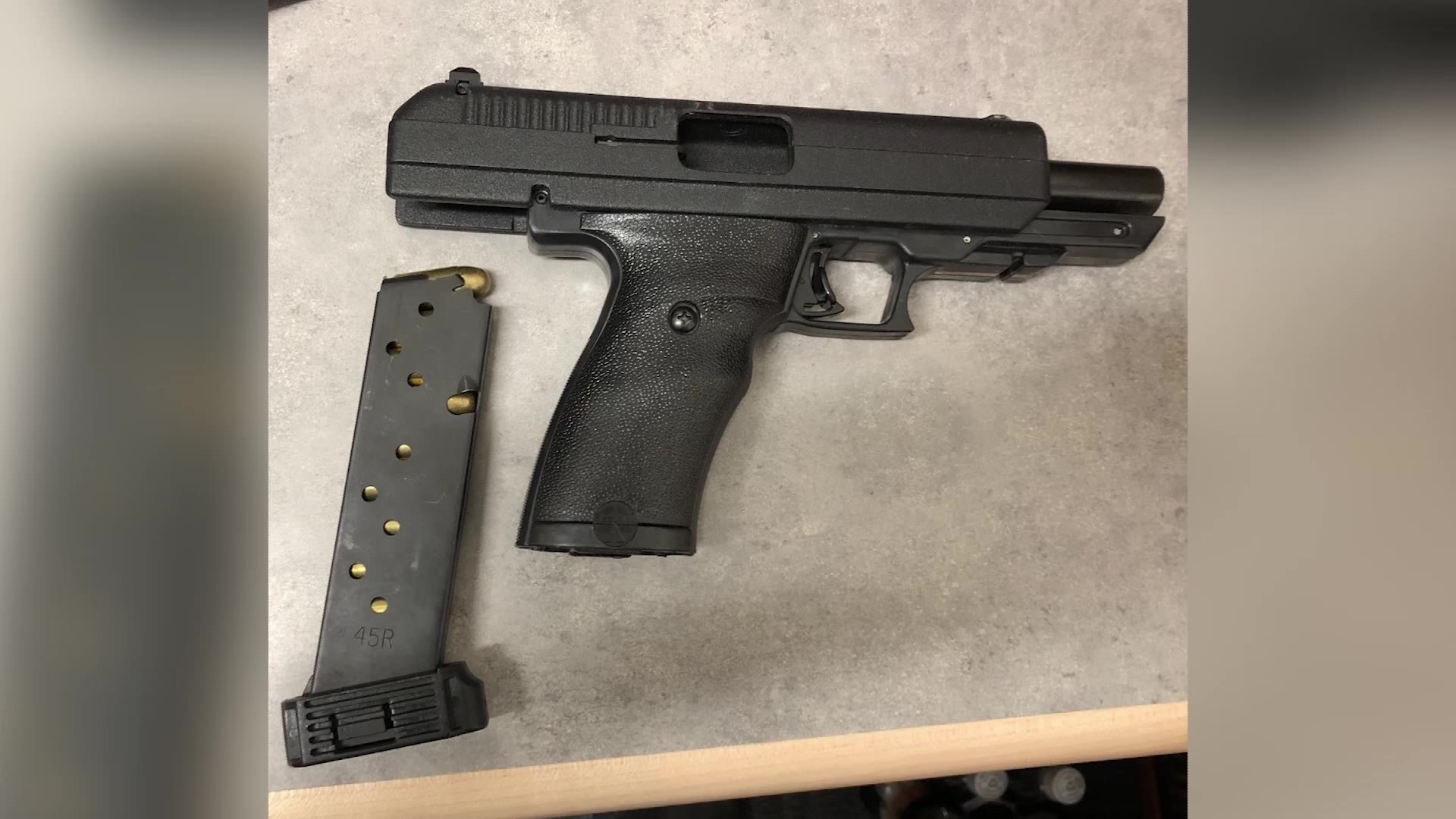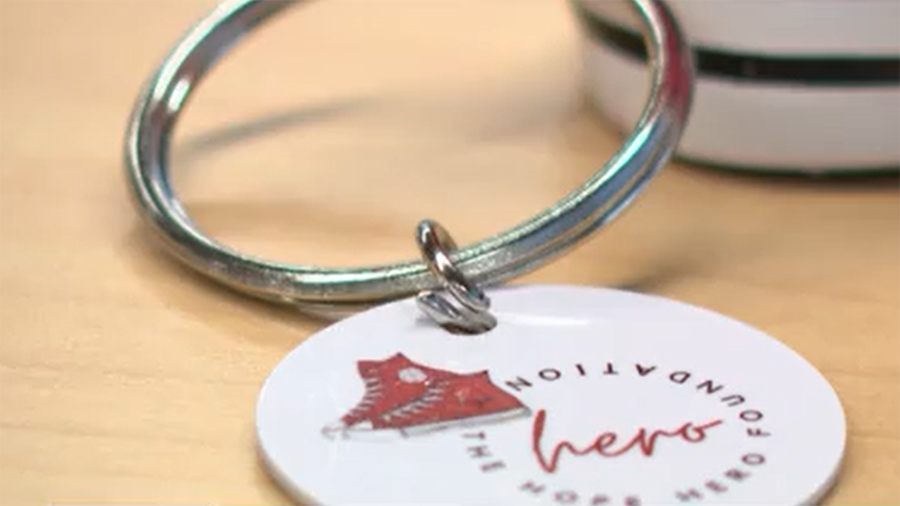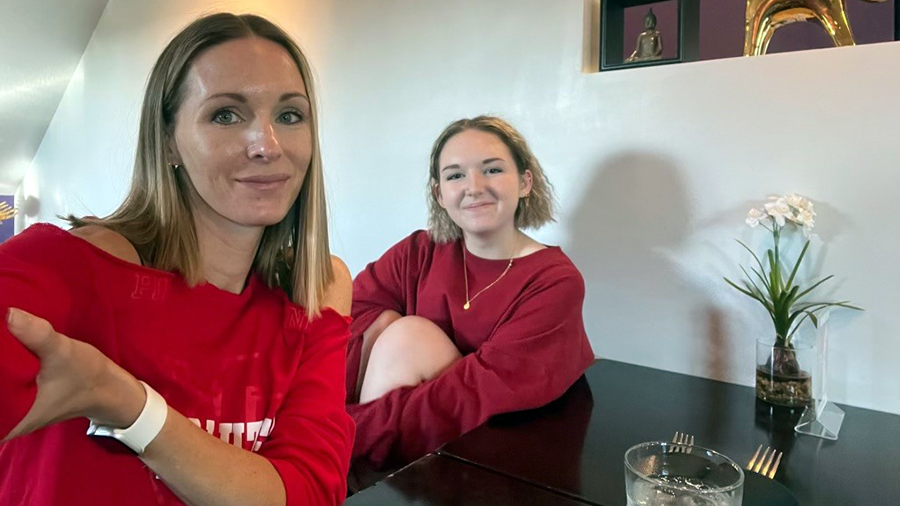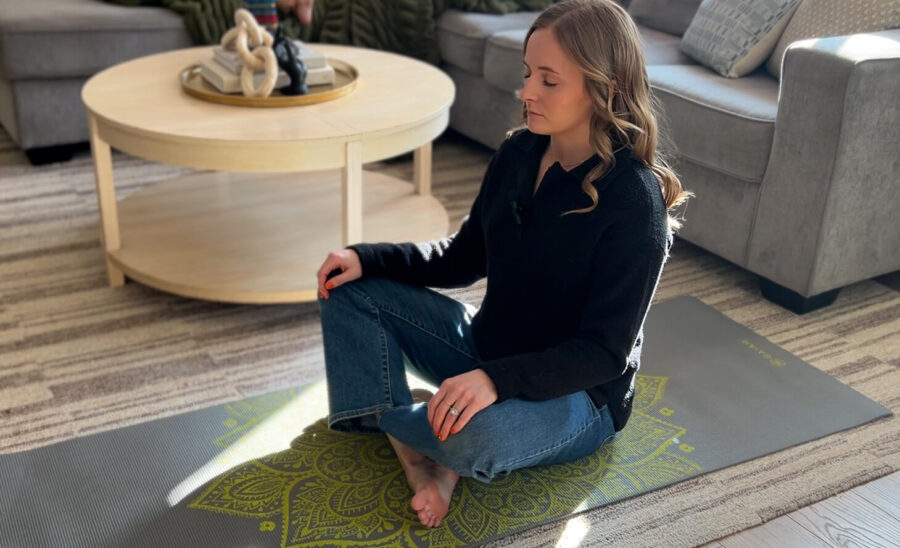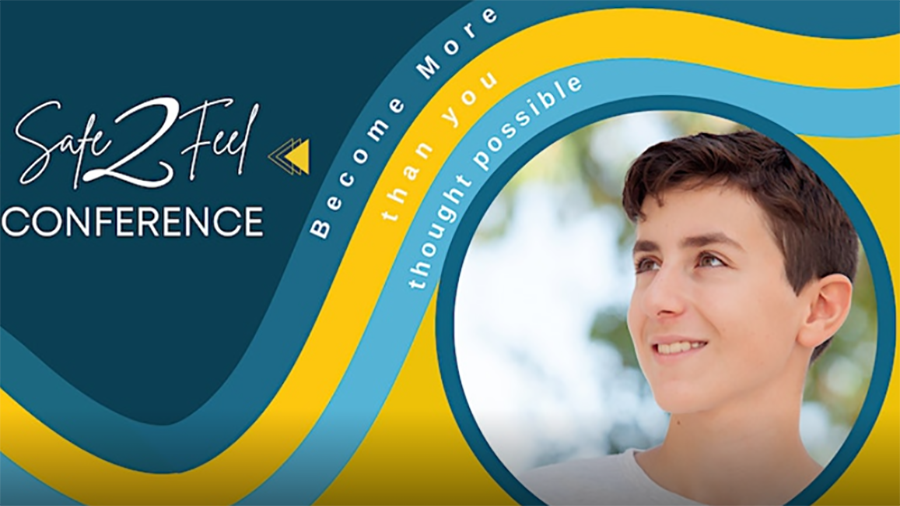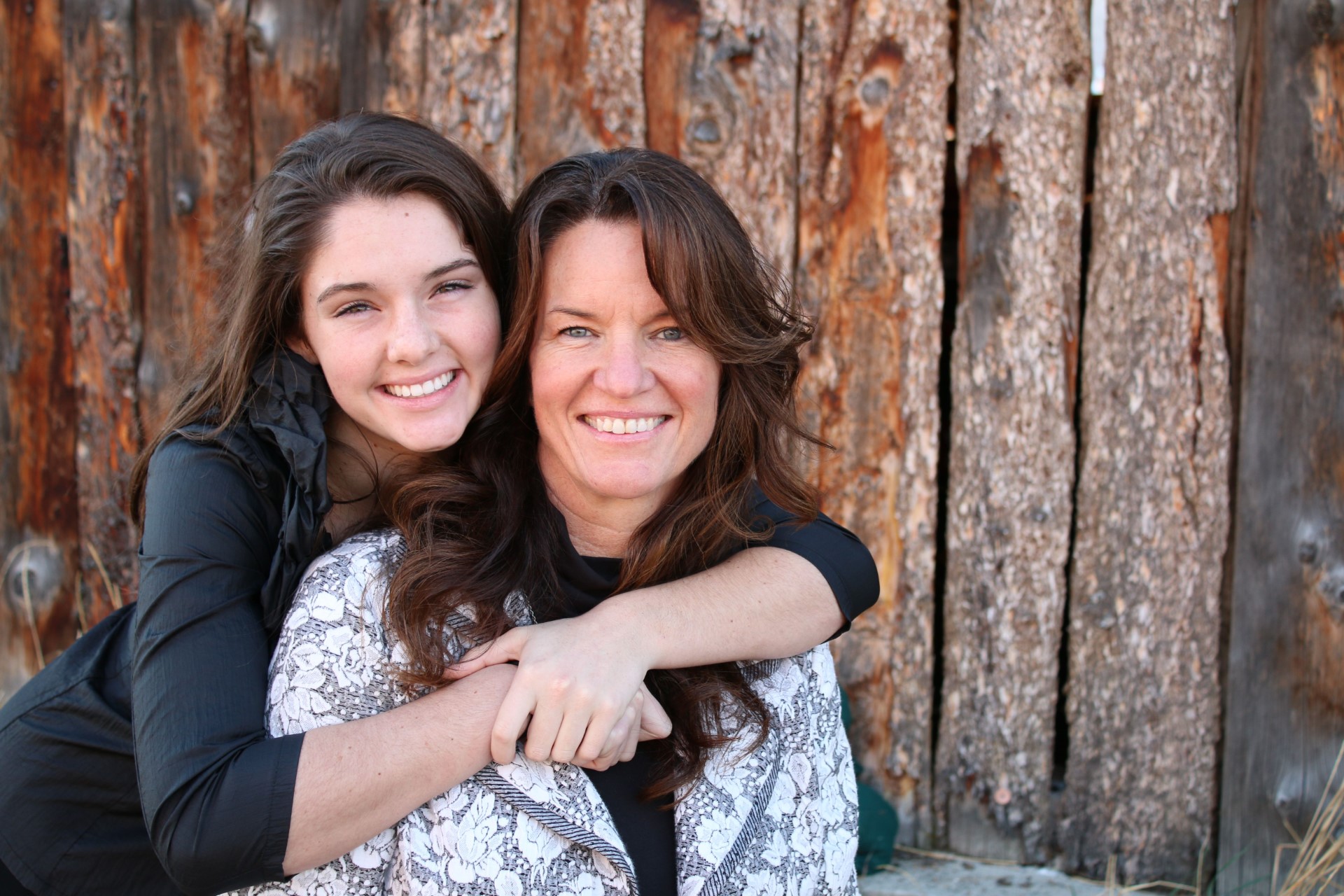Ogden Man Overcomes Addiction With Help Of Intermountain Healthcare’s Access Center
Jul 27, 2018, 7:51 PM | Updated: 11:12 pm
OGDEN, Utah – 36-year-old Jacob Koger is a student at the Ogden-Weber Technical College. He hopes to one day build parts for airplanes. He’s learning to cut carbon fiber, build composites, and solve algebra equations in class.
Just 14 months ago, though, he was in a crisis.
“It was either get help or end my life,” Koger described.
Like many, Koger’s opioid addiction started with prescription pills for neck and back pain. With the additional burden of depression and anxiety, his addiction soon spiraled out of control when he started self-medicating.
He said the consequences were devastating.
“I lost my home, all my possessions, a marriage with three step kids I really loved. I mean I had nothing left,” he said.
Koger hit an extreme low. He said he felt an overpowering feeling of worthlessness.
“Just that nobody wants you around anymore,” he said.
He checked himself into Intermountain Healthcare’s Behavioral Health Access Center at McKay Dee Hospital.
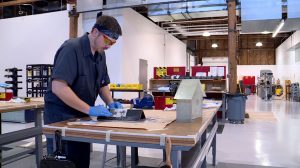 The center is similar to an emergency room, designed for patients in mental health crisis.
The center is similar to an emergency room, designed for patients in mental health crisis.
“I was able to speak to a crisis counselor as soon as I got there,” Koger described.
Intermountain’s Carrin Dewey, a patient liaison at the center, first greeted Koger.
“They don’t look good when they come in. They’re not healthy and they need someone to tell them this can happen for you,” she said.
A team of nurses, therapists, and a psychiatrist asses each patient’s needs.
Clint Thurgood, Crisis Service Manager at the Access Center, said the goal of the center is simple: “To help stabilize to the point where they can live healthy and well outside of the hospital setting.”
After a 24-hour evaluation, the team decided to check Koger into the hospital. He spent 27 days in the behavioral health unit.
“They gave me the tools that I need in order to fight the substance abuse and the depression, as well as balancing me on medication,” he explained.
After evaluation, the hospital released Koger, but he still said he felt like he had little direction.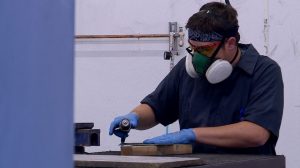
Dewey then connected him to Weber Human Services, a local community partner, which offered Koger further services and continued healing.
Koger went through a 16-week intensive outpatient substance abuse outreach program. He said it gave him the resources he needed to build a plan.
With the additional help of Medication-Assisted Treatment and therapy, Koger made it!
Dewey said she is thrilled to hear about Koger’s progress. She develops a personal relationship with many of the patients who visit the center.
“You are cared about,” she tells her patients.
Koger said his journey has been liberating.
“I can’t describe the feeling being able to wake up and focus on everything other than drugs,” Koger exclaimed.
Now Koger’s been clean for 14 months. He said he is still putting some of his relationships back together but now feels productive with a full-time job and a plan to work in aerospace.
To those still on the journey of recovery, Koger said: “It’s a fight every day, but don’t give up!”
Intermountain opened an additional Access Center at LDS Hospital in Salt Lake earlier this year. The Access Center is open 24/7 for patients in immediate need.
Check out more stories of overcoming addiction in KSL’s Healthy Mind Matters series:
Parents Fight For Opioid Education Earlier In The School System
Two Families Find Healing From Addiction Through Marathon Racing
Living With Pain Without Opioids

